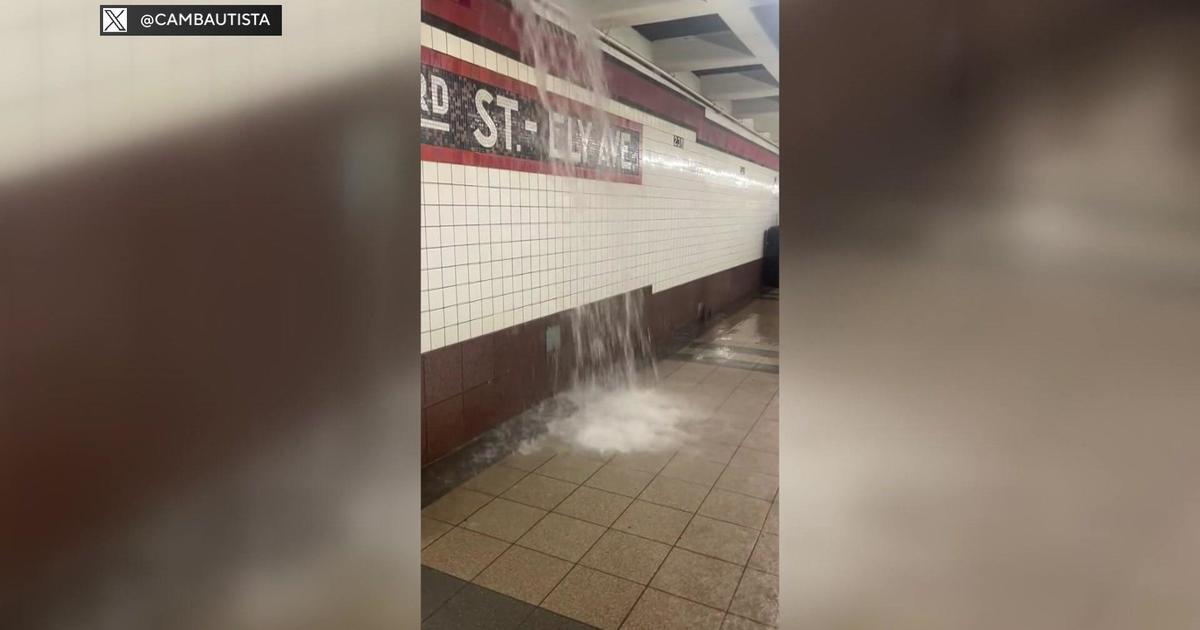Radar Vest Could Help Patients With Congestive Heart Failure Reduce Hospital Visits
NEW YORK (CBSNewYork) -- There might be some good news for the nearly six million Americans with congestive heart failure.
Those patients are often in and out of hospitals because their lungs fill with fluid. But as CBS2's Dr. Max Gomez reports, a new device – a "radar vest" – could prevent those hospital stays.
Just three months ago, Kenny McIntyre had no idea there was anything wrong with his heart.
"One day I just didn't feel right, and I woke up the next day and just went to the hospital. And that's when they told me, 'Did you know you have congestive heart failure?'" he said.
Doctors drained 60 pounds of water weight from McIntyre. And just a few weeks later, he was back in the hospital and had another 60 pounds removed.
Fluid build-up is a symptom of heart failure that often lands patients in the hospital. The key to preventing hospitalization is to catch that build-up before it becomes serious.
"The old fashioned way where we waited until patients were more symptomatic and sicker, now we can head this off before patients even know that they're getting worse," Dr. William Abraham, of Ohio State University's Wexner Medical Center, said.
Doctors are doing it with a vest that uses radar technology to see through the chest and track the amount of fluid in the lungs. Patients put it on and connect it to a tablet for about 90 seconds each day. Patients' fluid readings are then uploaded for a cardiologist to review.
Ohio State University's Wexner Medical Center is leading a national randomized trial to see how effective the vest is at keeping patients out of the hospital. In a smaller study, re-admissions were cut by 87 percent in the first three months of use.
"The clinician can use that measurement of lung wetness or lung dryness to titrate, to change medication doses, to keep patients in a healthy state, and to reduce their risk of heart failure hospitalization," Abraham said.
It's a technology that McIntyre said isn't just keeping him out of the hospital, it may have even saved his life.
"Who knows how, if they didn't have all this, how would it be. Would I even be sitting here right now?" he said.
Normally, heart failure patients weight themselves every morning to check for fluid build-up, but that's less sensitive than the vest.
The technology used in the Sensi-Vest is a miniaturized version of what the military uses for things like searching for survivors through rubble.



